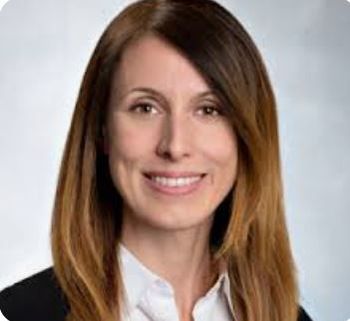
Vaccination: It's Just Not Happening
Here’s an opportunity for primary care to have a major impact on patients with a specialty-treated disease. Specialists will never boost vaccination rates to where they need to be. It’s just not what they do.
A Poster Session at AIBD 2013: Jason Abdallah, MetroHealth Medical Center, Cleveland OH
Patients with inflammatory bowel disease (IBD) patient are at increased risk for infection, owing to their underlying disease, and to immunosuppressive medications used in their treatment. The CDC recommends annual influenza vaccination and 1 to 2 doses of pneumococcal vaccination for all persons receiving immunosuppressive medication. Many experts who treat patients with IBD recommend that vaccination be completed upon diagnosis because many of these patients will eventually be receiving immunosuppressives.The CDC target is to vaccinate 60% to 90% of these people.
But it’s not happening.
This study was a retrospective analysis of electronic health records from 14 major US healthcare systems covering 40 million persons. Living adults older than 18 years with IBD who have had medical services in the 3 years prior to the study were identified with ICD-9 codes for services occurring between 1999 and 2012. Immunosuppressive medications were identified as biologic agents, azathioprine, or methotrexate.
Out of 21.6 million adults, 89,040 were identified with IBD. 63% were on immunosuppressive medications at some point during the study period. Overall vaccination rate for this cohort was 19% for influenza and 3% for pneumococcus. Rates were even s worse for those under 65, where vaccination rate was 15% for influenza, and 2% for pneumococcus.
So here’s an opportunity for primary care to have a major impact on patients with a specialty-treated disease. Specialists will never boost vaccination rates to where they need to be.
It’s just not what they do.
Newsletter
Enhance your clinical practice with the Patient Care newsletter, offering the latest evidence-based guidelines, diagnostic insights, and treatment strategies for primary care physicians.

































































































































